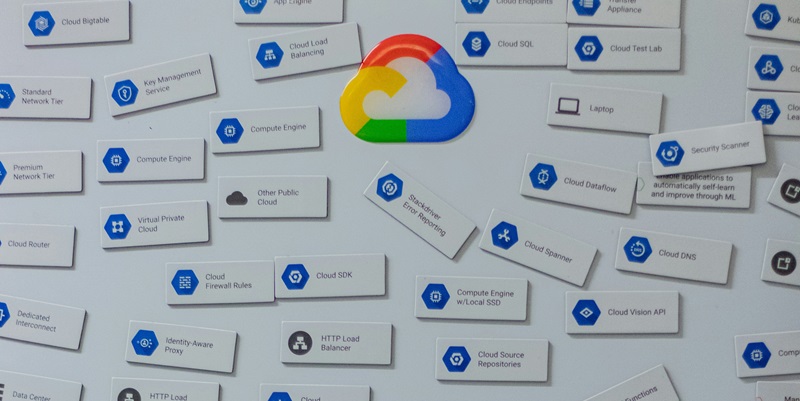Denodo, a prominent figure in the realm of data management, has embarked on a transformative journey by aligning its Denodo Platform with the cutting-edge capabilities of Google Cloud’s Vertex AI, which boasts the prowess of generative AI and advanced large language models (LLMs). This synergetic partnership aims to bridge the gap between the incessant demand for real-time data pipelines and the burgeoning artificial intelligence applications. In essence, it augments the accuracy of responses that are pivotal to a diverse array of stakeholders spanning multiple domains such as finance, healthcare, retail, and the corridors of academia.
Observers of the tech industry have noted this integration as a seismic shift that is poised to redefine how data is curated and consumed. The alliance underscores the importance of seamless data delivery to LLMs, which in turn, is expected to act as a catalyst to the precision and efficacy of AI-driven solutions and services. Emphasizing the strategic significance, Dan Young from Indiana University has attested to the transformative perks of this integration, highlighting that such advancements in data handling are imperative to expedite research and bolster student success.
Enhanced Data Management Meets Generative AI
Denodo is revolutionizing AI with ethical data practices, enhancing privacy, and reducing bias. Their role in feeding clean data to Vertex AI through a logical data model is crucial for blending multiple sources into a single stream that enhances pre-trained LLMs using Retrieval Augmented Generation. This innovation is vital for responsible AI growth.
In accord with AI’s rise, Google Cloud’s Ritika Suri forecasts a surge in generative AI spending in the Asia-Pacific, possibly tripling by 2024. This shift spotlights the strategic and operational benefits AI offers and foreshadows a transformative period in business intelligence. Denodo’s partnership with Google Cloud is at the forefront, ensuring seamless data integration and unleashing AI’s full potential. This collaboration signals an evolution in industry capabilities, driven by advanced data management integrated with cutting-edge AI.

